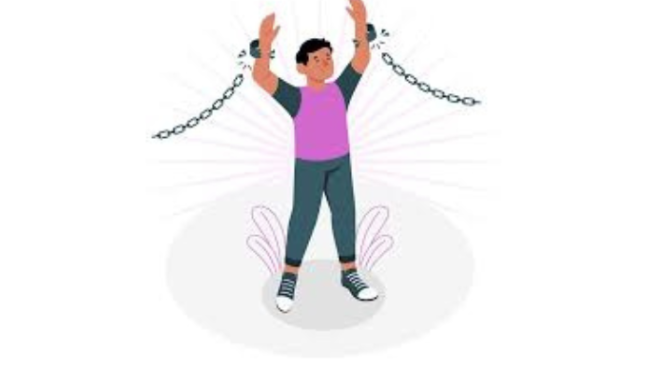Breaking the cycle: Preventing drug addiction before it starts
Breaking the cycle: Preventing drug addiction before it starts

While recognising addiction is important, prevention plays a key role in reducing its impact on individuals and communities. Early intervention, education, and access to support networks can significantly reduce the risk of addiction to drugs or alcohol.
In recent years, Bangladesh has seen a rise in both government and private facilities dedicated to addressing substance abuse and addiction. These treatment programmes often include medically supervised detoxification, individual and group therapy, and holistic approaches such as yoga and meditation.
Institutions like the National Institute of Mental Health offer specialised services, combining medical treatment with psychological support. Many private rehab centres also provide tailored programmes that consider the cultural context and specific needs of their patients.
Support groups: In addition to formal treatment programmes, support groups play a vital role in the recovery process. Organisations like Alcoholics Anonymous (AA) and Narcotics Anonymous (NA) have established a presence in Bangladesh, providing safe spaces for individuals to share their experiences and support one another. These peer-led groups foster a sense of community and understanding, offering encouragement and accountability.
Community outreach: Furthermore, various NGOs and community organisations are actively involved in raising awareness about addiction, reducing stigma, and promoting available resources. These organisations often conduct workshops, seminars, and outreach programs to educate the public on the signs of addiction and the importance of seeking help. They also advocate for better policies and funding for addiction treatment services, aiming to create a more supportive environment for those in recovery.
The role of family and community in recovery
In a culture deeply rooted in familial bonds, the support of loved ones can significantly enhance an individual’s motivation to seek help. Families can provide emotional stability, understanding, and encouragement during the recovery process.
Open communication about the challenges of addiction can help reduce stigma, making it easier for individuals to express their struggles and seek assistance. Family therapy sessions can also be beneficial, allowing family members to address their feelings, learn about addiction, and develop strategies to support their loved one effectively.
Coping strategies for individuals in recovery
Coping strategies for individuals in recovery in Bangladesh should encompass a holistic approach that includes routine, physical activity, support systems, creative expression, and goal-setting. By integrating these strategies into their lives, individuals can foster resilience and build a fulfilling life free from addiction.
Overcoming stigmas: Promoting awareness and understanding
Overcoming stigmas surrounding addiction is a crucial step in fostering a supportive environment for those struggling with substance use disorders in Bangladesh. In a society where traditional values and perceptions often dictate the narrative around addiction, the barriers created by stigma can be deeply entrenched. Many individuals facing addiction may find themselves feeling isolated, misunderstood, or even shamed, which can hinder their willingness to seek help.
Resources for further support and information
When navigating the complex landscape of addiction, having access to reliable resources is crucial for both individuals seeking help and their families. In Bangladesh, a growing number of organisations and support networks are dedicated to providing comprehensive assistance for those affected by addiction.
These resources not only offer professional treatment options but also serve as centres for education, awareness, and community support.
By tapping into these resources, individuals and families in Bangladesh can find the support they need on their journey toward recovery:
1. Government initiatives
2. NGOs and support groups essential for recovery
3. Mental health hotlines
4. Educational resources
5. Local health clinics
6. Online communities
In a country where stigma often clouds understanding, it is essential to cultivate empathy and awareness, paving the way for individuals to seek help without fear or shame.
The path to recovery may be long and fraught with obstacles, but it is also filled with moments of triumph and renewed hope. Together, we can build a brighter future for individuals battling addiction, allowing them to reclaim their lives and embrace the possibilities that lie ahead.


